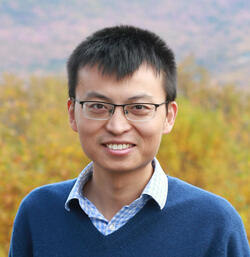Rethinking “What is China” Today
This talk will be in Chinese (Mandarin).
In this talk, Professor Ge Zhaoguang (葛兆光) will take on fundamental questions on the evolution of “China” as a historical entity (“何谓中国”). His talk will problematize the concept of “China”, discuss issues related to Chinese identity and the “inner” and “outer” historical changes over time. These issues are examined in the context of China’s distinct transformation from a traditional dynasty into a modern state. Professor Ge will provide his reflections of understanding China from a comparative perspective.
This event is free and open to the public. Please RSVP here.
About the Speaker

Professor Ge Zhaoguang is a University Distinguished Professor of Fudan University in Shanghai, China. An eminent historian and public intellectual, he has published influential works in the areas of social thoughts, intellectual history, global history, and histography of China and Asia Studies. Many of His works are translated into English, including What Is China?: Territory, Ethnicity, Culture, and History (Harvard University Press, 2018); An Intellectual History of China (two volumes) (Brill, 2014, 2018). He is the recipient of many honors, including first “Princeton Global Scholar (2009), “Asia and Pacific Award” (2014) in Japan, “Paju Book Award” (2014) in South Korea, and HongKong Book Award (2015).
This talk is co-sponsored by Center for East Asian Studies (CEAS), the Department of East Asian Language and Civilization (EALC) and Stanford Center on China’s Economy and Institutions (SCCEI).
Gunn Building (SIEPR), Koret-Taube Conference Center
366 Galvez Street, Stanford, CA 94305











